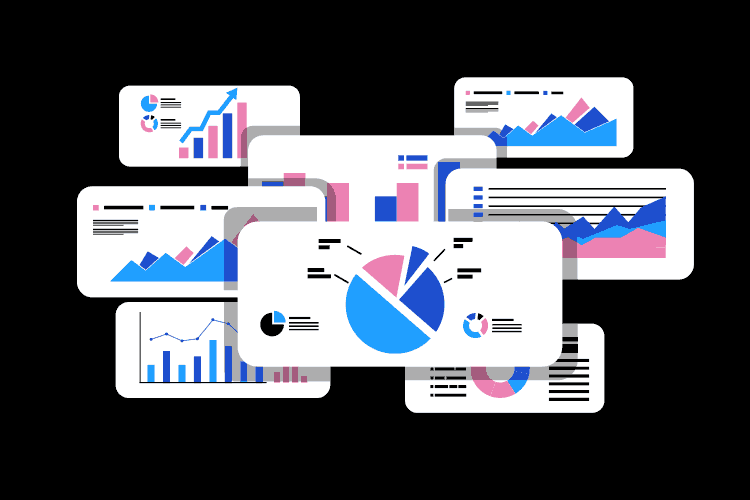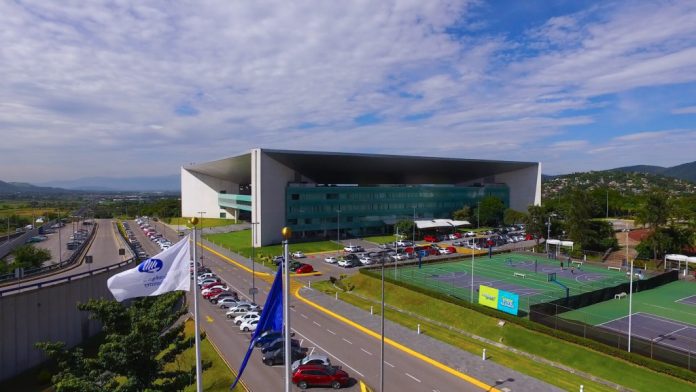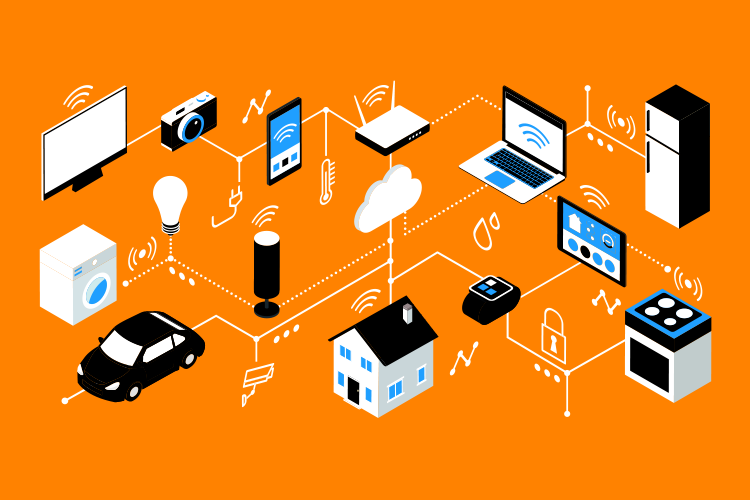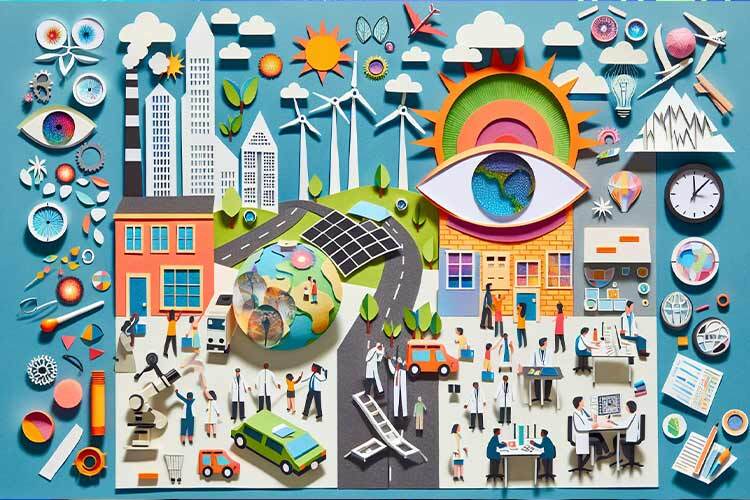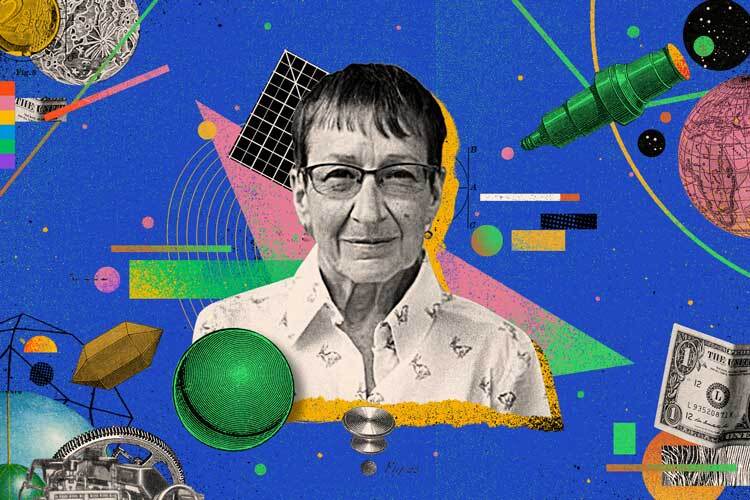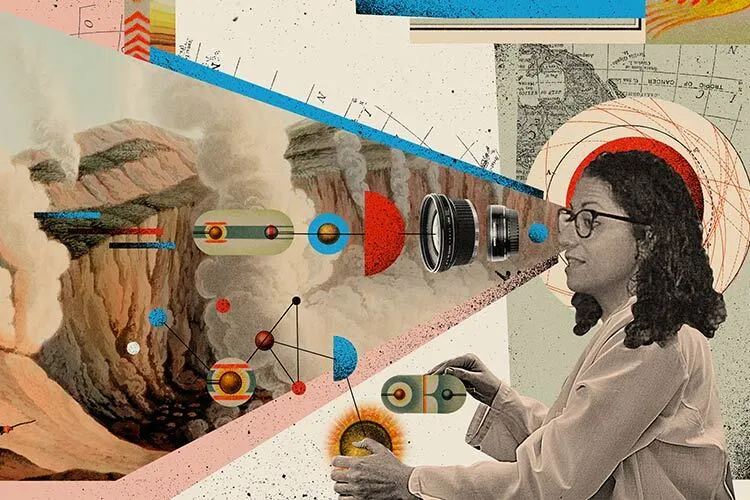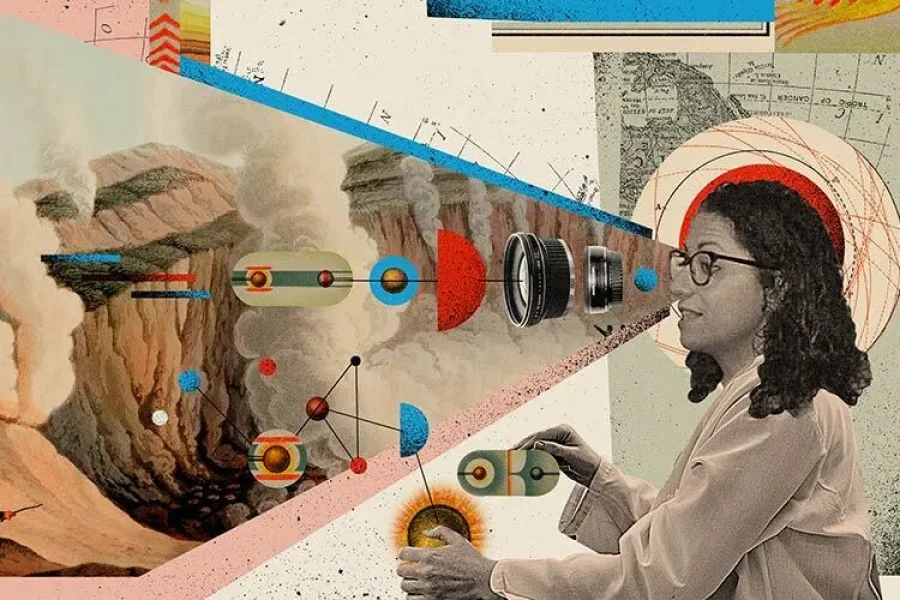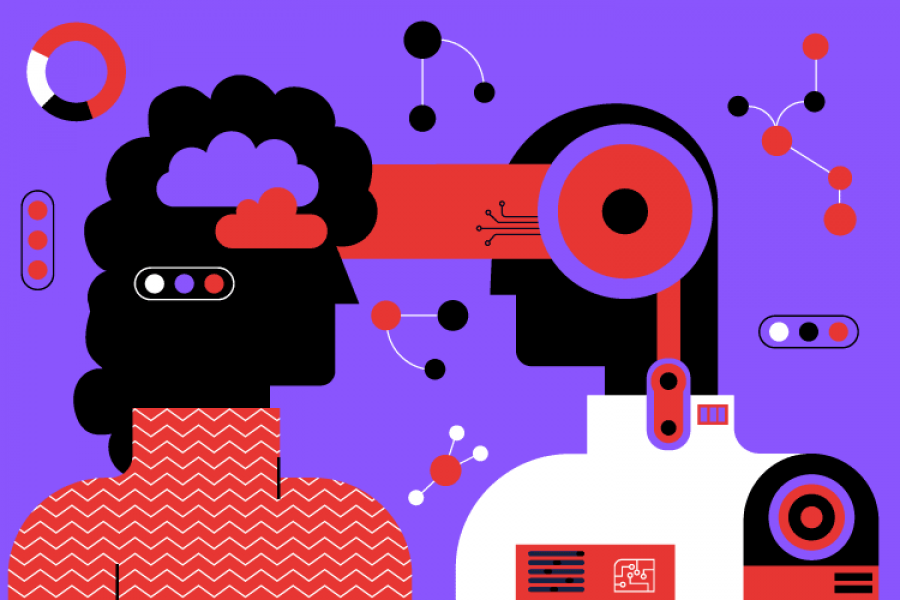Data science has evolved as a powerful field, maybe the most appealing and relevant area of the 21st century in today’s world where data is generated at a rapid pace.
By using concepts from disciplines like mathematics, statistics, artificial intelligence, and computer engineering, among others, data science aims at obtaining useful information from immense databases.
Systems that people use on a daily basis, like mobile gps and traffic apps, streaming services that make suggestions based on our favorite shows and movies, improve sports team performances, and even medical diagnoses of diseases, all depend on this data to work.
This data is analyzed, which enables the creation of systems that can currently respond to crucial inquiries like “What happened?” “How did it happen?” and “What actions can be taken based on these results?” Some of these systems even have the ability to anticipate some future events.
Can this discipline be considered a modern oracle? Are consumers ready to give businesses and organizations access to their private data in order to benefit from data science?
Research professors at Tec de Monterrey Arturo Nolazco, Pedro Ponce, and Gilberto Ochoa discuss the basic principles of data science, its applications, advantages, and potential drawbacks in an interview with TecScience.
Data Science: An oracle for predicting the future?
At the age of eleven, Mathew Brenham began supporting the Brentford football team, which had been relegated from the English Premier League to the third division by the year 2008.
Mathew purchased the team in 2012 after completing his physics degree at the University of Oxford. By 2014, he had succeeded in bringing them back to the second tier of English football, and by 2021, the side he supported had returned to the Premier League.
Information, especially the predictive model that Mathew created and applied, was the key to the team’s success. It helped them to evaluate and anticipate, among other things, the probability that a shot would end up being a goal and also the most efficient way for replicating such goals.
For example, the team paid $500,000 to sign sixth-division football player Andre Gray in 2014. Although it didn’t appear to make much sense, the statistics from his matches showed that he had the potential to get better, and he was subsequently sold for $12 million.
Data science enables the use of this information gathered over the course of days, weeks, years, or even decades to build models for visualizing and even predicting different activities, such as climatic changes, financial forecasts, economic predictions, or even social changes.
How does data science work?
Statistics, mathematics, computer science, and even artificial intelligence are all part of the discipline of data science.
This makes it possible to develop models like Chat GPT, which relies on a library of data to provide answers to questions made by the users.
By combining the preferences of thousands of users, the collecting of this data also enables the forecast of many elements of people’s lives, such as what television shows or films they might want to watch.
Systems may categorize users who have chosen from a variety of films and television shows using this information, and they can then recommend new possibilities that may interest other users who share their preferences.
Data science has an extensive number of applications including in sustainability, healthcare, and other areas beyond sports and entertainment.
In medicine, information from patients with certain diseases and features is examined to protect those with comparable traits who have not yet gotten the disease.
For instance, Mohammad Khubeb Siddiqui and Rubén Morales, researchers at Tec, developed a way to identify COVID-19 using a data approach called deep learning, based on the study of radiographs from symptomatic patients, which was highlighted by the WHO in 2020.
Another example is Pedro Ponce, who focuses on data collecting and usage to enhance cities and encourage their transformation into more intelligent, safer, and more sustainable places to live.
“Imagine a model that we have, for example, of Mexico City, Guadalajara, or Querétaro, but so detailed that it not only models the buildings but also the behavior of the people. What time they leave, how they move, what routes they use, what their eating preferences are, security concerns, where the schools are, how many people attend these schools, and where the students are moving. This would allow for proactive planning,” says Ponce.
The Risks of Data Science
The first step in the data science process is the collection of data from multiple sources, whether or not be automatically obtained through information produced by people’s interactions with technology like smartphones, the Internet, and others, or through more conventional processes like surveys and bibliographies.
Then, this data is “cleaned” by extracting only the necessary information and removing certain prejudices.
The information is then examined for trends and analyzed using more sophisticated methods like artificial intelligence.
The data then has to be shared via reports or other visuals.
Despite the advantages of using this science, experts warn against a number of dangers and difficulties, including guaranteeing data quality and securing the necessary consent from individuals for its usage.
They also emphasize the requirement for professionals who can evaluate this material and come to morally and fairly equitable conclusions.
“There are numerous things that, in my opinion, are on the verge of being undefined because so many technologies collect data on you without your consent. And I believe that the least a user can expect is to be informed, yet there are some issues that are not uniformly controlled across all countries,” adds Ponce.
The tremendous volume of data created by people, their gadgets, online searches, and even their medical records present additional challenges for the future of data science in addition to the ethical one, such as the need to locate servers to store these torrents of data.
“The world is filled with information, which we have plenty of. Building the infrastructure to store this data is the most difficult task. If this knowledge is not digitalized or accounted for in some way, it will be gone.”, concludes Ochoa.
